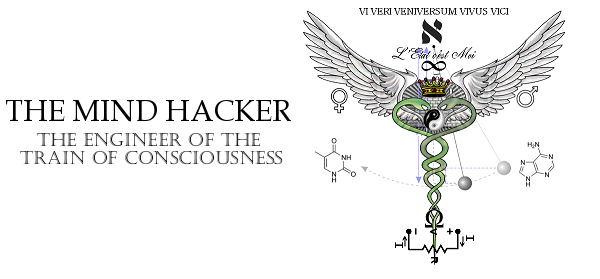
Life’s Unequal Truths: Harnessing Reality for Growth and Empowerment
There are many inequalities in the physical world, and it’s precisely these imbalances that make everything happen. Cars move because of friction, planes fly due to pressure differences, and our bodies grow through chemical reactions that are anything but “equal.” Life itself thrives on these forces—so let’s face it: life isn’t fair. And it’s not supposed to be. But rather than seeing this as a curse, understand it as the way nature works, and use it to your advantage.
Too many people are stuck in the false belief that life should be fair, as if fairness were a law of the universe. This thinking, driven by emotion, can trap you in a cycle of self-pity and stagnation. It’s easy to call for fairness when you feel like you’re on the losing side, but ask yourself honestly: If you were winning, would you really want the world to be fair? Probably not. And that’s not evil; it’s natural. The key is to rise above this need for fairness and instead focus on growth and personal mastery.
Here’s the truth: You will not grow by sacrificing yourself for an ideal of fairness. Instead, you grow by developing your strengths, seeking challenges, and embracing the fact that the world is full of inequalities—and those inequalities are your opportunity.
But here's where wisdom comes in: growth isn’t about crushing others or selfishly taking all you can. The most successful people understand that true strength lies in mastering both yourself and the system. Once you learn the rules, you can rise. And when you’ve risen, you can create space for others to rise with you.
The Power of Self-Mastery
The foundation of all success lies in mastering your emotions. Society often teaches us to suppress or ignore our emotions, but the reality is you need to train them, not ignore them. Let your emotions be a guide, a signal to what matters. If you feel anger, envy, or frustration, that’s telling you something. Don’t suppress those feelings—channel them into action. Ask yourself: “What can I do to change this situation?” That’s where your true power lies.
Emotions are data, not directives, as Susan David wisely notes. Learn to interpret that data without letting it control you. Understand that guilt, shame, or self-doubt are merely emotions that can be retrained, just as you would retrain your body in the gym. The greats in any field—whether in business, leadership, or personal development—did not get there by wishing for fairness. They got there by mastering themselves and using every experience, even pain, as fuel for growth.
The Power of Team-Building
This is where a lot of people go wrong. They believe that to rise, others must fall. But real success is built in collaboration. Once you understand the game, once you’ve achieved a level of self-mastery, your greatest power comes from lifting others up. By understanding and influencing those around you, by offering respect and trust, you cultivate a team that makes the entire system stronger.
Want to lead? Give influence to get influence. Respect begets respect. It’s not about domination, it’s about creating an ecosystem where everyone around you can thrive—and when they thrive, so do you. This is why successful leaders don’t operate from a place of scarcity, but from abundance. You don’t lose anything by making others stronger; in fact, your influence multiplies. As Jocko Willink says, “When you give respect, you earn respect”.
Rejecting the Victim Mentality
One of the most dangerous traps is the idea that you are a victim of life’s unfairness. Life isn’t against you—it’s indifferent. The world owes you nothing. But here’s the good news: because life doesn’t play favorites, you have the power to create your own outcomes. Complaining about the success of others won’t make you any stronger; building yourself up will.
Rather than asking, "Why is the world unfair?" Ask, "What can I do to create my own opportunities?" When you stop wishing for fairness and start working toward mastery, you begin to separate yourself from the pack.
Tom Bilyeu emphasizes this beautifully: You meet the minimum requirements for success—everyone does. But whether you make it or not is entirely on you. Accepting that reality puts you in the driver’s seat of your own life. Take ownership of every decision, every action, every failure—and then learn from it.
Compassion and Leadership
But remember this: once you’ve mastered yourself, your mission isn't over. True success isn’t just about you—it’s about what you do with that success. Compassionate leadership is about creating opportunities for others, helping them to grow alongside you.
When you reach the top of your mountain, you don’t just stand there alone, looking down on others—you extend a hand. The most successful people, the ones who build legacies, are those who understand that collaboration is power. By helping others achieve, you reinforce your own strength. Your tribe, your team, your community—they become the force that pushes you even further ahead.
So yes, life isn’t fair. But that doesn’t mean it’s broken. It’s a masterpiece of opportunity, chaos, and growth. When you accept it, when you train yourself to thrive in it, and when you bring others along on the journey, you master both peace and power.
Don’t fight against the system. Learn it. Master it. Then use it to build a better world—for yourself and for others.

No comments:
Post a Comment